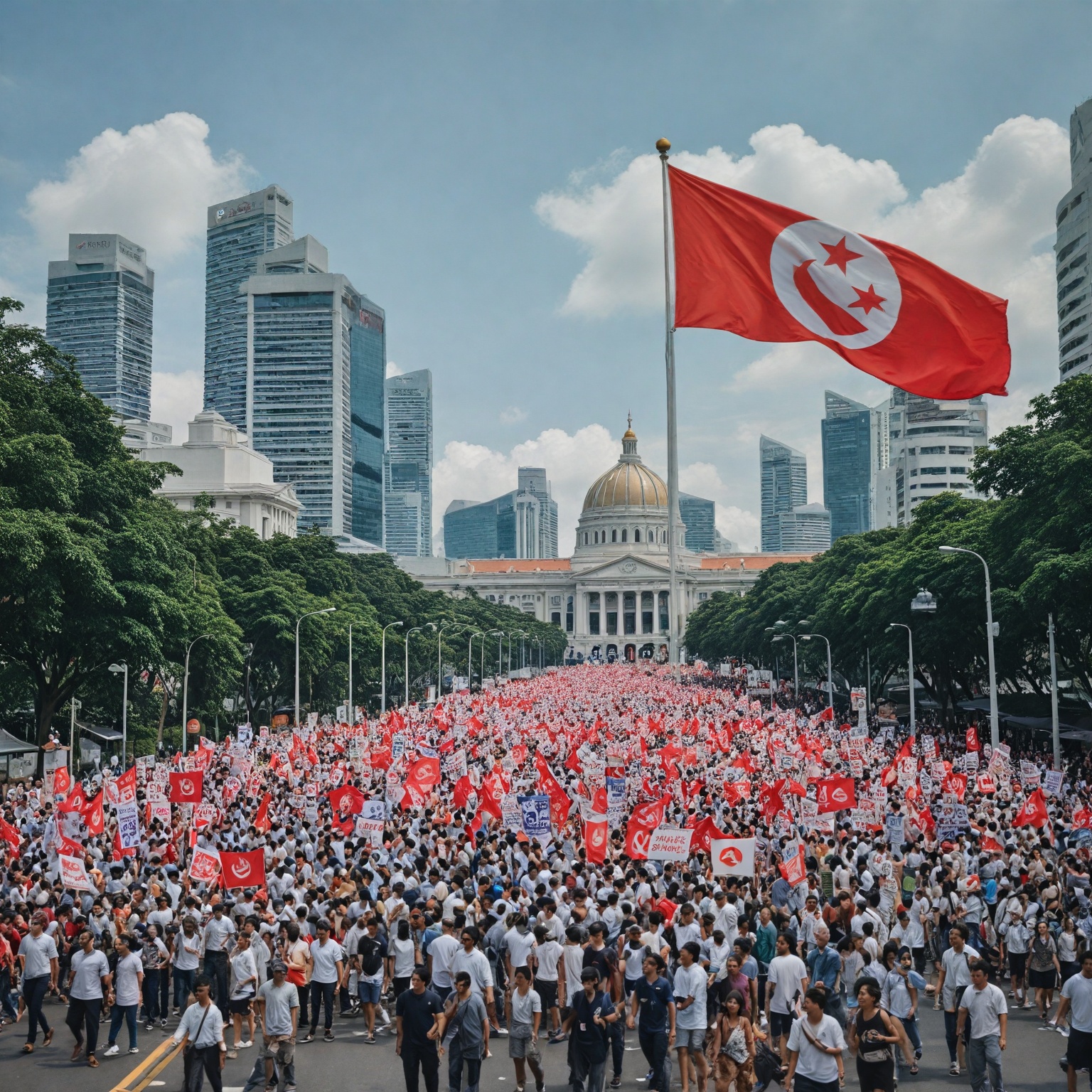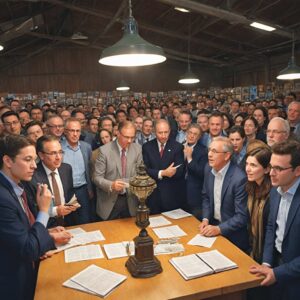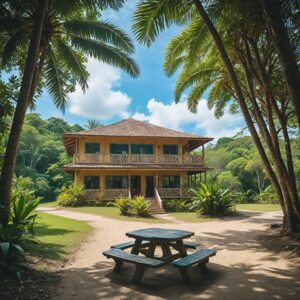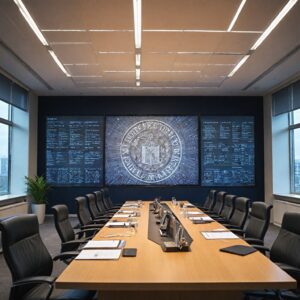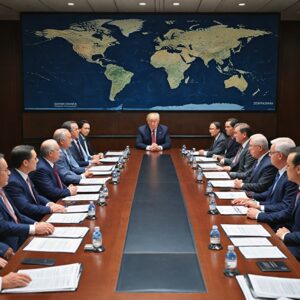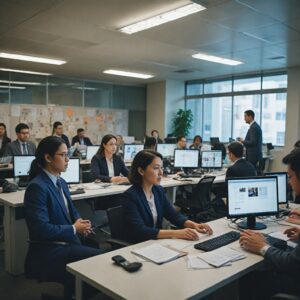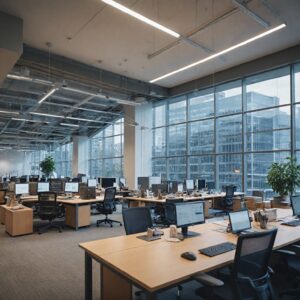Summary
The upcoming general election in Singapore is set to take place no later than 23 November 2025, marking the 19th general election since the first in 1948, and the 14th since Singapore’s independence in 1965 . The People’s Action Party (PAP), the dominant political party in Singapore since 1959, will see a significant shift as Lawrence Wong succeeds Lee Hsien Loong as Prime Minister and secretary-general . The election will involve a total of 97 members being elected to the Parliament of Singapore across 33 constituencies .
The PAP’s political dominance in Singapore has been largely maintained by strategically eliminating serious ideological alternatives, thus aligning voter preferences with the party’s strengths . Both existing and historical political parties are key elements in the electoral process, with the PAP and the Workers’ Party being the main contenders . International economic trends, U.S. monetary policy, inflation, and labor market dynamics have also greatly shaped Singaporean politics .
The election period in Singapore begins with the President, upon the advice of the Prime Minister, dissolving the Parliament and issuing the Writ of Election . Following the dissolution of Parliament, a general election must be held within three months . In a significant political move, Prime Minister Lee Hsien Loong announced in April 2024 his intention to step down in May, leading to speculation about the timing of the general elections .
The PAP’s political dominance, the upcoming elections, and the role of key political players such as the PAP and the Workers’ Party are integral to the understanding of Singapore’s political landscape. The election, set to take place on May 3, will be a historic event testing the leadership of the new Prime Minister, Lawrence Wong, and the political stability of Singapore .
Overview
General elections are a crucial aspect of Singapore’s political landscape, with the upcoming elections slated to take place no later than 23 November 2025 . The elections will be historic, marking the 19th time Singaporeans head to the polls since the first general election in 1948, and the 14th since gaining independence in 1965 . A total of 97 members are to be elected to the Parliament of Singapore across 33 constituencies .
The People’s Action Party (PAP) has been a prominent fixture in Singapore’s politics, having dominated the political scene since the 1959 general election when Lee Kuan Yew ascended to the role of Singapore’s first prime minister . However, the forthcoming elections will witness a significant change with Lawrence Wong succeeding Lee Hsien Loong as Prime Minister and secretary-general of the PAP .
The PAP’s dominance in Singaporean politics is often perceived as an equilibrium that perpetuates its dominance, with voter preferences being steered to align with the party’s strengths . This is largely attributed to the strategic elimination of serious ideological alternatives to the PAP in the early 1960s, following a period of political pluralism .
Political parties in Singapore, both existing and historical ones, are part and parcel of the electoral process, with the PAP and the Workers’ Party being the primary players . To date, a total of 44 political parties have participated in Singapore’s elections .
Singaporean politics has been greatly shaped by U.S. monetary policy, inflation, and labor market dynamics, as well as international economic trends . For example, events such as a virtual discussion on these topics with Richmond Fed President Tom Barkin form part of the broader context in which Singapore’s general elections take place .
The process of the Parliamentary elections in Singapore is governed by specific legislation . The dissolution of Parliament and the calling of a general election is a decision made by the President, upon the advice of the Prime Minister, as evidenced in the previous elections held on 10 July 2020 .
Calling for General Election on May 3
In Singapore, the entire election period commences with the President, upon the advice of the Prime Minister, dissolving the Parliament and issuing the Writ of Election to the Returning Officer to conduct the election. The President, however, is not obligated to declare the dissolution of the Parliament unless he is convinced that the Prime Minister holds the confidence of a majority of MPs. According to Article 65(4) of the Constitution, the maximum term of any given Parliament is five years from the date of its first sitting following a general election, after which it is automatically dissolved by operation of law. However, the Prime Minister has the discretion to advise the President to dissolve the Parliament at any point during the five-year term.
Once the Parliament has been dissolved, a general election must be held within three months. Given that a general election was last called on 23 June 2020, with Singaporeans electing their Members of Parliament (MPs) on 10 July 2020, the Parliament must be dissolved at any time prior to the expiry of its five-year term, or else it will automatically dissolve at the end of the term. Following the dissolution of Parliament, Singapore will be calling for a general election on May 3.
This decision comes following Lee Hsien Loong’s announcement in April 2024 that he would step down as prime minister in May. As a result, speculation arose that the general elections could be held at the end of that year. However, Eugene Tan, an associate professor at Singapore Management University, suggested a September election would be “hasty” for Wong to establish his mandate, and that the election was more likely to be held after the announcement of the 2025 budget. Holding the elections in 2025 would align with the country’s SG60 National Day celebrations.
Unlike in other countries, Blackbox predicted that the upcoming general election would not be influenced by personality-based politics. It was stressed that aside from everyday concerns such as public housing and living costs, opposition parties should also consider geopolitical matters as they can significantly influence domestic issues. Furthermore, 88% of respondents emphasized the importance of candidate quality in their constituency, while 87.8% highlighted service delivery and infrastructure as key factors.
Election Preparations
Between the commencement of election proceedings in March 2020 and nomination day on 30 June 2020, various political parties in Singapore, including both the ruling People’s Action Party (PAP) and opposition parties like the Workers’ Party (WP) and the Progress Singapore Party (PSP), embarked on rigorous preparations to compete in the general election. These preparations involved the unveiling of their candidates and the public presentation of their manifestos.
One notable focus of the parties was the strategizing and execution of their campaigns. The PAP, for example, formed two sub-committees dedicated to this task. One sub-committee was responsible for strategizing the campaigns and was co-headed by Minister Lui Tuck Yew and MP Zaqy Mohamad. The other sub-committee, known as the new media capabilities group, was led by MPs Baey Yam Keng and Josephine Teo, and was charged with the execution of the strategies. This strategic group also included about 20 IT-savvy PAP activists.
Additionally, the WP, PSP, and other opposition parties placed a significant emphasis on the role of social media in their election preparations. These parties frequently updated their social media accounts with walkabout reports and other activities, asserting that social media was essential for leveling the playing field and directly engaging with Singaporeans. Parties like the Red Dot United (RDU), despite operating with limited resources and relying on volunteers to manage their social media accounts, recognized the necessity of a strong social media presence to compete against established parties with large followings. However, despite the reliance on social media for voter outreach, experts noted that voters were unlikely to base their voting choices solely on social media.
General Election on May 3
Singapore will head to the polls on May 3rd, marking the first electoral test for new Prime Minister Lawrence Wong. The Parliament, which has a term of five years, can be dissolved anytime before the expiry of its five-year term by the President, based on the advice of the Prime Minister. The election campaign, which lasts a mere nine days, is expected to revolve around rising living costs, housing needs, job availability, and a growing demand for healthcare due to an ageing population.
Analysts on Channel NewsAsia (CNA) have expressed concerns that the PAP’s traditional “flight to safety” strategy during times of crisis – encouraging voters to stick with familiar leadership – might not be as effective in the upcoming election due to increasing voter scepticism and a more diverse electorate. This strategy was generally credited for aiding the opposition in securing four parliamentary seats in a previous year.
The upcoming election will be held in different constituencies as declared by the Prime Minister prior to each general election. Electoral boundaries are typically redrawn just a few days before a general election. The ruling People’s Action Party (PAP) is expected to return to power, given its track record of winning 13 consecutive general elections since Singapore’s independence.
The PAP’s historical response to electoral setbacks has been to recover, reorganize, and renew ties with the people, hence it is predicted that they will strive to maintain their dominance in this election as well. Despite the challenges and the shifts in the electoral landscape, Singapore’s political stability and the new Prime Minister’s leadership will be tested in the General Election on May 3.
Role of People’s Action Party (PAP) in Maintaining Political Dominance
The People’s Action Party (PAP) has a significant history of political dominance in Singapore, having governed the nation continuously since 1959. The party was founded by Lee Kuan Yew and his comrades in 1954. Over the years, the PAP has controlled key positions in and out of government, influenced the press, and benefited from structural advantages such as the group constituency system and short campaign period that disadvantaged smaller opposition parties. While these methods were consistent with the law and the prerogatives of parliamentary government in the country, they have overall served to perpetuate PAP power.
The government created the institutionalized position of an official leader of the opposition in parliament following the 2020 general election, which the Workers’ Party accepted. This was seen as an attempt by the PAP to maintain its dominance, by taking stock, recovering, reorganizing, and renewing ties with the people.
However, the future of the PAP’s dominance is not set in stone. Factors such as the economy, foreign talent, and elite cohesion could potentially disrupt the party’s grip on power. Yet, it is most likely for the 4G PAP leadership to maintain power but with much smaller majorities.
Voting behavior in Singapore also influences the PAP’s dominance. The importance of candidate quality in their constituency (88%) and service delivery and infrastructure (87.8%) are key factors for Singaporean voters. In line with this, the number of directly elected seats increased from 89 to 93 in 2020, and up to 12 non-constituency members can be appointed from among unsuccessful opposition candidates to ensure a minimum number of opposition representatives in Parliament. This emphasis on representation and quality may contribute to the PAP’s ongoing political dominance, while reinforcing the dominant party rule.
Impact of General Election on Political Landscape
The general election in Singapore presents significant implications for the political landscape. One of the unique aspects of this election is the focus on issues beyond personality-based politics. Voters are more concerned about candidate quality, service delivery, infrastructure, public housing, and living costs. Notably, 88% of respondents emphasised the importance of candidate quality in their constituency, while 87.8% highlighted service delivery and infrastructure as key factors. These concerns surpass the typical focus on charisma and personality seen in political campaigns in other countries.
Singapore’s government has accepted boundary changes for this election, which is anticipated to have potential effects on the electoral map. This acceptance, while appreciated by the opposition Progress Singapore Party (PSP), has raised concerns about the alterations to major electoral boundaries. Nonetheless, the government justifies these changes as a necessary adjustment to population shifts.
In the context of electoral mechanisms, the introduction of the Group Representation Constituency (GRC) in the 1988 elections has been critical in shaping the political landscape. The GRC, which allows for a team of three to six candidates to represent ethnic diversity in Parliament and manage town councils, has faced criticism as a form of gerrymandering, particularly in constituencies where teams have been elected uncontested in consecutive elections.
Concerns about the confidentiality of votes due to the presence of serial numbers on the ballots have emerged, with the government citing voter fraud prevention as the rationale. During the COVID-19 pandemic, the election adopted unusual measures such as permitting walkabouts and door-to-door campaigning, but prohibiting political rallies.
The general election’s outcome is determined by compiling results from all counting centres in Singapore, with the candidate or group of candidates with the most votes declared elected. In the event the overseas votes do not affect the results, the Returning Officer will proceed with the declaration. The 2020 general election saw a voter turnout rate of 95.54%, the highest since the 1997 general election. Only 1.81% of the votes were deemed invalid, marking the lowest rate in a general election in independent Singapore, and the lowest rate since the 1963 election.
Post-Election Implications
The timing of the general election has drawn varying perspectives, particularly from academic circles. Eugene Tan, an associate professor at Singapore Management University, has suggested that holding the election in September would have been too “hasty” for Wong to establish his mandate. As a consequence, the election was held later, following the 2025 budget announcement and in conjunction with the SG60 National Day celebrations .
Candidate quality, service delivery, and infrastructure have emerged as significant considerations for the electorate, with 88% and 87.8% of respondents respectively emphasizing these factors in their decision-making. Notably, unlike other countries, the general election in Singapore was not predominantly influenced by personality-driven politics. Analysts suggest that along with common concerns like public housing and living costs, opposition parties should also address broader geopolitical issues, which can significantly influence domestic concerns .
Given this electoral context, the dominant People’s Action Party (PAP) has historically responded to any electoral setbacks by taking stock, reorganizing, and renewing ties with the people to maintain its dominance . This is reflected in their support for a market-based approach to social welfare and redistribution, while also emphasizing the importance of a fair and just society .
Additionally, amendments to the Constitution have seen an increase in the minimum number of opposition Members of Parliament (MPs) from nine to twelve. This adjustment, which was passed on 27 January 2016, is the first increase in the number of opposition MPs since the 2011 Singaporean general election .
As for overseas voters, their ballots are only taken into account if they have an impact on the outcome of the election. If their number doesn’t influence the election result, the candidate or group of candidates with the highest number of votes in Singapore is declared the winner. The final results, including the overseas votes, are published in the Singapore Government Gazette .
The content is provided by Blake Sterling, Fact-Nest

